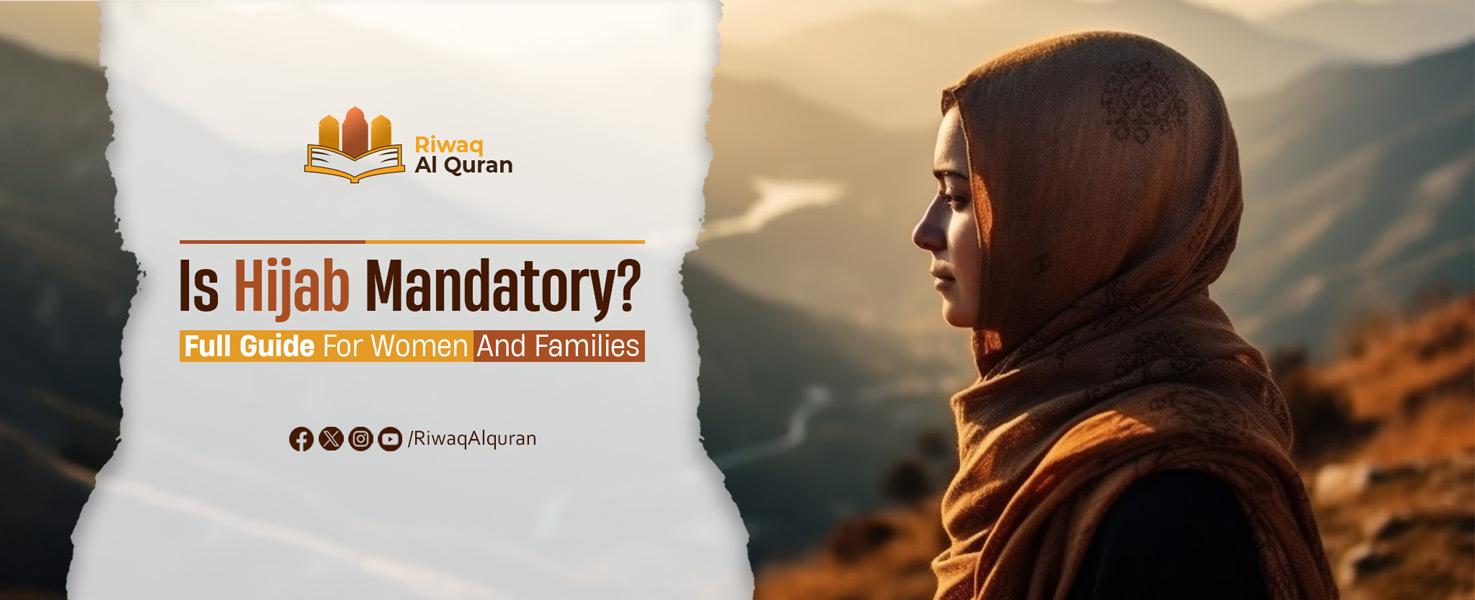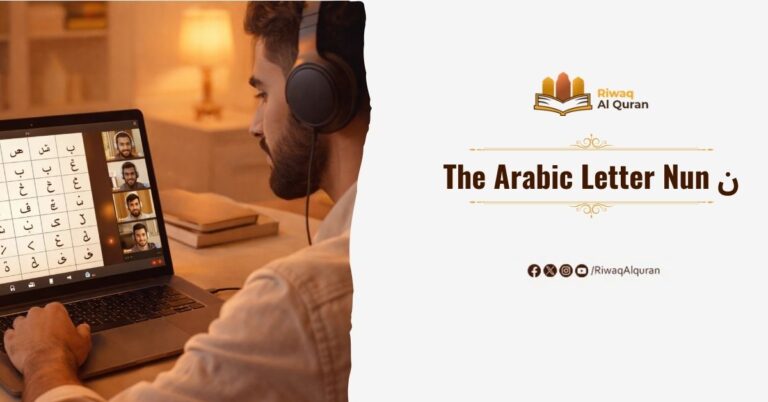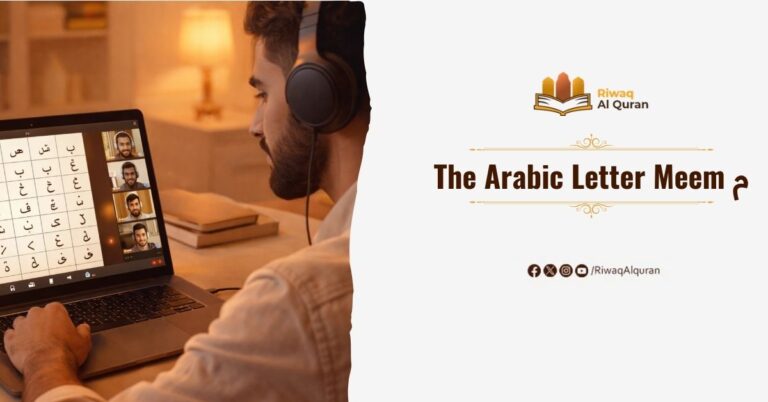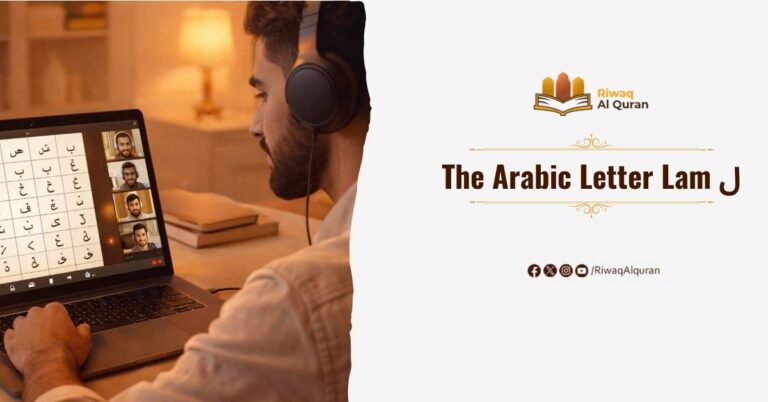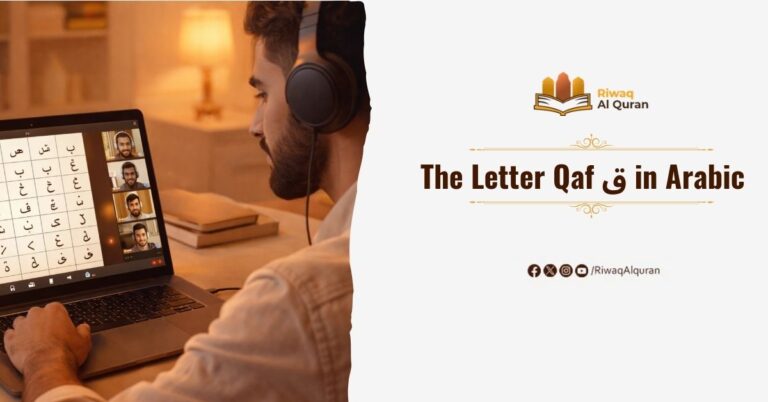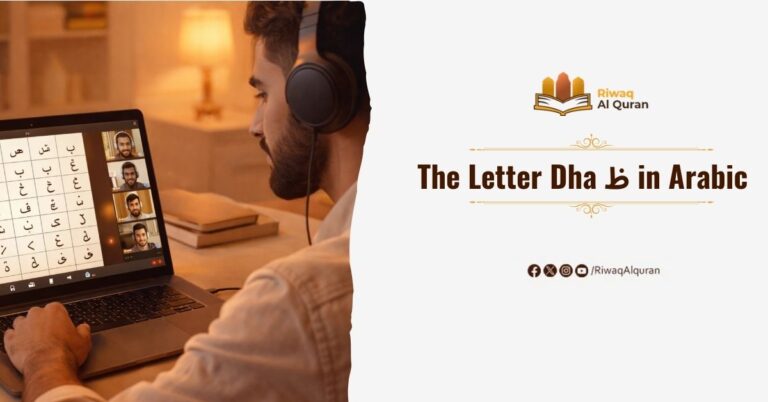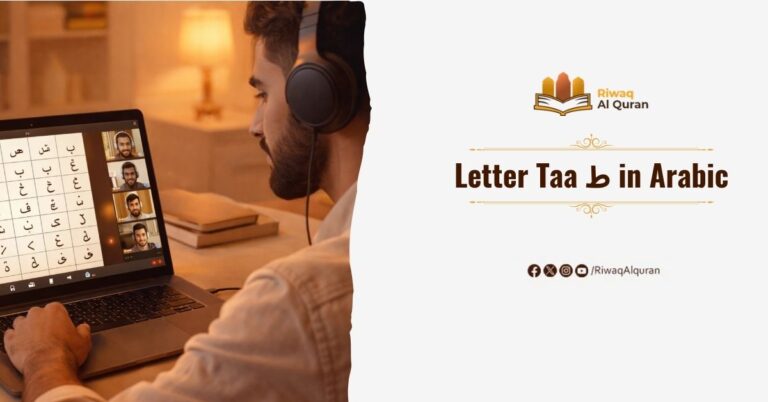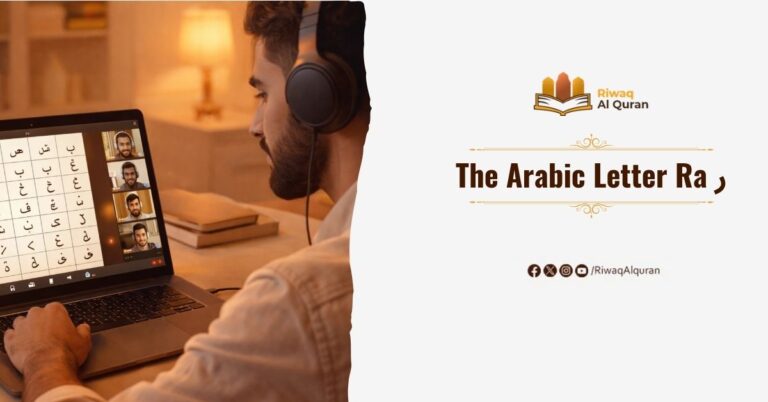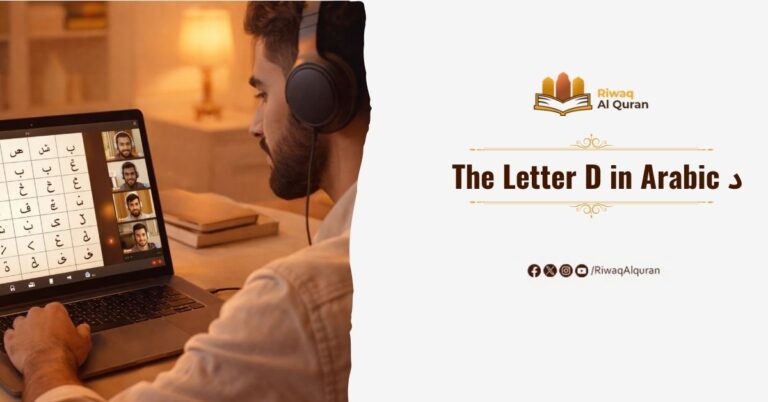The hijab is mandatory in Islam, as clearly established by the Quran, the Sunnah, and the consensus of Islamic scholars. It is a symbol of faith, modesty, and obedience to Allah. While there are exceptions in specific circumstances, the hijab remains a fundamental requirement for Muslim women.
May Allah guide all Muslim women to uphold this important aspect of their faith with sincerity and strength. Ameen.
In Islam, Hijab, meaning a barrier in Arabic, refers to the modest dress code for Muslim women, covering all but the face and hands, signifying protection and spiritual closeness to Allah. It becomes obligatory from the onset of puberty, with the Quran explicitly commanding it.
Hijab’s primary purposes are to preserve chastity, reduce social evils, provide physical protection, and emphasize a woman’s essence over appearance. Men also play a role by lowering their gaze to maintain societal chastity. Historically, modest dress has been a norm across various cultures, and not wearing Hijab is considered sinful in Islam, though repentance is always possible.
You may wonder what is meant by “Hijab” in Islam, whether it is obligatory and why, as well as what a complete Islamic Hijab looks like. In this article, you will learn all these in some detail, along with some other issues that are closely related to the Hijab in Islam.
Table of Contents
Is the Hijab Mandatory?
The hijab is a significant and often discussed aspect of Islamic practice for women. It is not merely a cultural or traditional practice but a religious obligation rooted in the Quran and the teachings of Prophet Muhammad (peace be upon him). Below, we explore the evidence and rulings that establish the hijab as mandatory in Islam.
1. The Quranic Command
The primary evidence for the obligation of the hijab comes from the Quran. Allah says:
“O Prophet, tell your wives and your daughters and the women of the believers to bring down over themselves [part] of their outer garments. That is more suitable that they will be known and not be abused.” (Quran 33:59)
This verse clearly instructs Muslim women to cover themselves with their outer garments, which includes covering their hair and body in the presence of non-mahram men (men who are not close relatives).
2. Modesty and Protection
The hijab is a means of maintaining modesty and protecting women from unwanted attention. Allah says:
“And tell the believing women to lower their gaze and guard their chastity, and not to reveal their adornments except what normally appears. Let them draw their veils over their chests and not reveal their adornments except to their husbands…” (Quran 24:31)
This verse emphasizes the importance of covering the body and hair, as well as behaving modestly in interactions with non-mahram men.
3. The Example of the Prophet’s Wives
The wives of Prophet Muhammad (peace be upon him) were instructed to observe the hijab strictly. The Quran states:
“And when you ask [his wives] for something, ask them from behind a screen. That is purer for your hearts and their hearts.” (Quran 33:53)
This verse highlights the importance of the hijab as a means of maintaining purity and respect in interactions between men and women.
4. The Consensus of Scholars
Islamic scholars throughout history have unanimously agreed that the hijab is obligatory for Muslim women. It is considered one of the clear commandments of Islam, supported by both the Quran and the Sunnah (traditions of the Prophet). The hijab is not a matter of personal choice but a religious duty.
5. The Purpose of the Hijab
The hijab serves multiple purposes in Islam:
- Modesty: It helps women maintain their dignity and modesty.
- Identity: It distinguishes Muslim women as followers of Islam.
- Protection: It safeguards women from objectification and harassment.
- Obedience to Allah: It is an act of worship and submission to Allah’s commands.
6. The Consequences of Neglecting the Hijab
Neglecting the hijab without a valid reason is considered a sin in Islam. Allah warns against disobeying His commands:
“And let those who oppose his command beware, lest a trial strike them or a painful punishment.” (Quran 24:63)
Women who choose not to wear the hijab despite knowing its obligation are accountable before Allah.
7. Exceptions to Wearing the Hijab
There are specific situations where a woman may remove her hijab, such as:
- In the presence of mahram men (close male relatives).
- Among other women.
- In private spaces where no non-mahram men are present.
- During times of necessity, such as medical emergencies.
However, these exceptions do not negate the general obligation of the hijab.
The Age For Hijab:
Yes. In Islam, wearing a Hijab is Mandatory for all Muslim girls/women. The hijab becomes mandatory once a girl reaches her first menstruation. However, it is often advisable to make a younger girl put on a Hijab even before that age, so when it becomes mandatory for her, it will be easier to observe it, as the Hijab will be part of her appearance and identity.
Does the Quran say you have to wear a hijab?
Yes. In the Quran, Allah clearly commands Muslim girls/women to wear Hijab:
Allah says:
“And tell the believing women to lower their gaze and guard their chastity, and not to reveal their adornments1 except what normally appears.2 Let them draw their veils over their chests …”
“وَقُل لِّلْمُؤْمِنَـٰتِ يَغْضُضْنَ مِنْ أَبْصَـٰرِهِنَّ وَيَحْفَظْنَ فُرُوجَهُنَّ وَلَا يُبْدِينَ زِينَتَهُنَّ إِلَّا مَا ظَهَرَ مِنْهَا ۖ وَلْيَضْرِبْنَ بِخُمُرِهِنَّ عَلَىٰ جُيُوبِهِنَّ ۖ …”
In this Aya, Allah orders believing girls and women to have a head cover that is long enough to cover their chest. Further, Allah commands women not to reveal their adornments except to their Mahram men such as husband, father, grandfather, brother(s), father-in-law, son(s), stepson (s), nephew(s), and grandson(s).
What are the Conditions of a Proper Hijab?
To be more specific, a proper Hijab should NOT be:
1- Figure-hugging (i.e. too tight),
2- Revealing any part of the body except the face and hands,
3- Excessively attractive or eye-catching,
4- Resembling what men wear,
5- Perfumed,
6- Resembling the dress of disbelieving women.


When can a Muslim Girl/Woman take off Her Hijab?
Women can always take off their hijabs when she is at home alone, with their immediate family members who are Mahram to them, and with other women, especially if they are Muslims as well. But when she is in the presence of non-Mahram men, she must put on her Hijab.
Read a full guide: When Can A Woman Take Off Her Hijab? Woman Without A Hijab Rules
Why is Wearing a Hijab Mandatory for Women in Islam?
Having established that the Hijab for women means to dress modestly, here are some of the main objectives of the Hijab:
1. The hijab protects chastity and self-control within the Muslim community:
Hijab is not only about head cover, or a way of dressing. A complete Hijab also has to do with a woman’s tone of voice which should be neutral and non-seductive and a woman’s refrainment from wearing makeup and perfumes that make her look and smell more attractive when she is not at home or when in the company of non-Mahram men.
2. Hijab keeps levels of social evils down:
If chastity and self-control are widespread in a society, levels of adultery, divorce, single parenthood, etc. will go down dramatically.
Consequently, crime will also go down and society will be more secure and happy.
So many studies make a clear connection between crime, on the one hand, and broken homes and destroyed families, on the other hand. Mainly, the latter has to do with the lack of chastity in society.
3. Hijab can protect women, physically:
Many studies suggest that the odds of a woman getting harassed or assaulted are much higher when she wears revealing clothes. Islam deals with reality and not with Utopia. In any society, there will always be law-breakers and evil people. So protection is vital, and protection, in most cases, starts from the woman.
4. Hijab shifts the focus from a woman’s appearance to her essence:
Hijab helps to shift the focus from how a woman looks to how a woman behaves; from a woman’s appearance to a woman’s essence, values, and ability to reason. This is to establish that outwardly looks are not what a woman should be judged by.
So complete Islamic Hijab is a way to give a woman the kind of respect and dignity she deserves.
Read more about Why Do Women Wear Hijab?
Experience Riwaq Al Quran Classes
Watch real moments from our live sessions at Riwaq Al Quran and see how we bring learning to life. These clips highlight our interactive, student-focused approach designed to keep learners engaged, motivated, and actively involved in every step of their educational journey.
Is the Concept of Hijab Only for Women?
Surprisingly enough, the first level of the Hijab (with the meaning of “barrier” established before) is placed on men. But how is this possible?
Men are biologically wired to be attracted to how women look. So Allah orders men to lower their gaze and refrain from looking at women if they are not Mahram for them, whether those women are Hijabi or not.
So there are 2 levels of protection here:
1- Lowering the gaze (for men)
2- Wearing Hijab (for women)
So if a man does not always lower his gaze, the woman should already be in a modest dress; and if a woman is not a Hijabi, a man should lower his gaze. If both of these levels are preserved, chastity in society is almost perfectly maintained. So chastity is a two-sided mission, fulfilled by both men and women in Muslim society.
6 Small Changes that Can Make Your Hijab More Appropriate:
- Make your garments a little bit looser.
- Get a larger head cover, so that it covers your chest.
- Make sure the sleeves are long enough to cover the whole arms.
- Consider using opaque socks to cover your feet.
- Make sure no hair gets loose from the front or back of the head cover – consider using good Hijab pins.
- Avoid catchy colors and too decorative designs – keep it simple.
Is the Hijab a New Phenomenon that Came Only with Islam?
Actually, no! Having a hair cover and dressing modestly has always been the norm for noble women and societies throughout almost all of history. One can see that even in Europe in older times, women used to have a head cover.
Even Mary (peace be upon her), the mother of Jesus Christ (peace be upon him), is always depicted as having humble Hijab-like clothes and with no make-up at all. Then, Islam came to reaffirm that a woman’s value is not in how she looks, but rather in how she behaves and how close she is to the teachings of Islam.
Is Not Wearing a Hijab a Sin in Islam?
Yes, not wearing a Hijab is a sin. Some scholars even consider it a major sin. But a woman may say: “I pray, fast, give charity, help people, etc. But I don’t wear a Hijab. Can I go to Jannah?” Let’s see!
Can I Go To Jannah Without Wearing Hijab?
Actually, no one can say, for sure, whether a specific person will end up in Jannah or not. However, in this context, there is a clear and powerful Hadith by Prophet Muhammad (may Allah’s peace and blessings be upon him), who said:
“Women, who are naked even though they are wearing clothes, go astray and make others go astray, and they will not enter the Garden and they will not find its scent …”
“نِسَاءٌ كَاسِيَاتٌ عَارِيَاتٌ مَائِلاَتٌ مُمِيلاَتٌ لاَ يَدْخُلْنَ الْجَنَّةَ وَلاَ يَجِدْنَ رِيحَهَا…”
(Hadith)
In this hadith, Prophet Muhammad (may Allah’s peace and blessings be upon him) said that women who seem to be almost naked though they put some clothes on will not go to Jannah. The reasons for this are that first, they refuse to obey Allah; second, they go astray off the path of good people; and third they make some other people go astray as well. These people can be men who follow their desires and commit sinful acts with those women, and can also be other women who would take these women as models to imitate.
Note that this life, in essence, is a test, for all people: men and women. One of the major tests for men is for women:
“The enjoyment of ˹worldly˺ desires—women, children,1 treasures of gold and silver, fine horses, cattle, and fertile land—has been made appealing to people.”
“زُيِّنَ لِلنَّاسِ حُبُّ ٱلشَّهَوَٰتِ مِنَ ٱلنِّسَآءِ وَٱلْبَنِينَ”
In this Aya, Allah tells us that men do love women, children, wealth, good vehicles, horses, cattle, fertile lands, etc.
As for women, their main test, in this life, is their innate desire to look beautiful – to enhance their appearance and adornments:
“Do they attribute to Him˺ those who are brought up in fineries…”
“أَوَمَن يُنَشَّؤُا۟ فِى ٱلْحِلْيَةِ…”
In this Aya, Allah confirms that girls and women love adornments by nature.
That’s why many women are willing to spend so much money on hair/face/body treatments so that they look more and more beautiful and attractive.
So the main test for all people is to choose whether to follow their desire or to obey Allah.
Why do Some Muslim women not Wear a Hijab?
There are many reasons why some Muslim women do not wear Hijab. Here are some of these reasons:
1- Mis-information:
Some women do not know that Hijab is mandatory for Muslim girls/women. That’s why it is very important to learn about what practices are mandatory in Islam and what are not.
2- Family or societal pressure:
Some parents, other family members, or even the society as a whole refuse the concept of a Hijab and make the woman non-hijabi even when she wants to wear a Hijab. Some may tell her that Hijab makes her ugly, or older than she really is, or even that she is too young to observe it.
That’s really disappointing. Muslim families and societies should abide by Allah’s commandments and make it easy for their daughters to wear Hijab.
3- Being too weak to resist:
A woman may be too weak to resist her desire to look as beautiful as she possibly can. In this context. Allah says in the Holy Quran:
“It is not for a believing man or woman—when Allah and His Messenger decree a matter—to have any other choice in that matter.
“وَمَا كَانَ لِمُؤْمِنٍۢ وَلَا مُؤْمِنَةٍ إِذَا قَضَى ٱللَّهُ وَرَسُولُهُۥٓ أَمْرًا أَن يَكُونَ لَهُمُ ٱلْخِيَرَةُ مِنْ أَمْرِهِمْ ۗ”
So if Allah tells us to do something, we should obey Him, regardless of what we wish to do.
Will Allah Forgive Me for Not Wearing a Hijab?
Allah forgives all sins, except for Shirk (i.e. claiming there is another god with Allah). So when a non-Hijabi decides to wear a Hijab, she only needs to repent to Allah. In this case, repentance has 2 conditions:
1- Feeling sorry for not wearing Hijab in the past,
2- Being determined to never take it off when she is in the company of non-Mahram men, in the future.
If a woman fulfills these 2 conditions, Allah will forgive her, as He is Al Tawab. That is to say, Allah always forgives those who seek His forgiveness.


Learn Quran, Arabic, and Islamic Studies with Riwaq:
To learn more about the Hijab in Islam, you can join one of our courses in Riwaq Al Quran, where we provide you with exceptional Islamic education and understanding. This helps you understand how to practice Islam and how to get closer to Allah.
In our Arabic classes, you can also learn the linguistic meaning of the Hijab in more detail.
Why Students Love Learning with Riwaq Al Quran
Hear directly from our students about how Riwaq Al Quran Academy has transformed their connection with the Book of Allah. Their experiences reflect the dedication, care, and quality that guide every step of our teaching.
Learn Quran, Arabic, And Islamic Studies Online With The Best Native Tutors
Riwaq Al Quran is a comprehensive online platform that offers personalized Quran, Arabic and Islamic Studies Online classes for individuals of all ages and backgrounds.
Their experienced instructors use a structured curriculum to cover Tajweed, Tafsir, and Memorization, providing easy and effective access to learn the Quran online.
The advanced online classes allow for seamless communication and interaction between students and teachers. Join Riwaq Al Quran for a deeper connection with the Quran.
We offer several courses such as:
- Online courses for kids.
- Online Quran classes for kids and adults.
- Online Arabic courses
- Online Ijazah courses
- Online Islamic Studies courses.
Here are a sample of our set of Quran Courses that will be helpful for you:
- Online Tafseer Course: Delve into Quranic meanings with our insightful online Tafseer course.
- Noorani Qaida Online: Learn Quranic basics efficiently through our Noorani Qaida online program.
- Online Quran Recitation Course: Enhance Quranic recitation skills through our expert-led online course.
- Online Tajweed Classes: Master Tajweed rules for beautiful Quranic recitation in online classes.
- Quran Memorization Online Course: Memorize the Quran effectively with our specialized online memorization course.
- Online Qirat Course: Explore diverse Qirat styles with our comprehensive online Qirat course.
- Online Quran Classes for Kids: Nurture a love for the Quran in kids through interactive online classes.
Conclusion
To sum up, the very word: “Islam” means submission to the will of Allah. So, observing a complete Islamic Hijab is one big sign of this submission.
It is a fact that, like any other religion, some people may decide to pick and choose some of Allah’s commandments to follow and some to neglect. However having established that Hijab is mandatory for Muslim women, all of them should abide by this ruling.
Now the question is: Will you take the vital step to wear a Hijab/make your Hijab more modest or will you go on following your desire?” It is up to you.

